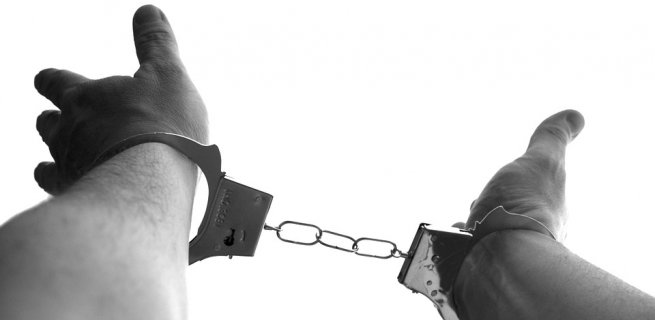Many believe that in criminal cases, it is the complainant – or alleged victim – who presses the charges and decides whether the proceedings will continue.
But the reality is that in Australia, the State presses and makes decisions about criminal charges – the complainant is merely a witness in the proceedings.
During a speech delivered at Melbourne University in 2001, former High Court Justice Michael Kirby outlined the rights that defendants are supposed to have when being prosecuted by the immensely powerful State:
‘Through the criminal law runs what lawyers call a golden thread. The accused who faces the great power of the state has certain basic rights. The right to be presumed innocent. The right to have the accusation proved beyond reasonable doubt to the satisfaction of the judge or jury. The right to be free of forced self-incrimination. The right to confront accusers and to test their evidence.’
Unfortunately, the ‘rights’ that Kirby speaks of have gradually been taken away from individuals in recent years, making it much harder for defendants to overcome criminal accusations and much easier for a well-resourced State to secure convictions – whether supported by evidence or not.
The last sentence of Kirby’s statement also raises the question: what does it mean to ‘confront accusers’ and ‘test their evidence’, and who is the ‘accuser’?
Who is the Accuser?
As stated, the accuser in criminal cases is the State – although the particular arm of the State that is doing the accusing can vary.
In ‘charge cases’ that stay in the local court – such as common assault and drug possession NSW cases – the accuser is usually a police force; such as the NSW Police Force.
In more serious matters, such as ‘indictable cases’ that go to the District Court, the accuser will normally be the Office of the Director of Public Prosecutions, or the ‘ODPP’.
In many traffic cases, the accuser will be the Roads and Maritime Services, or the ‘RMS’, and in many environmental law cases it will be a particular Local Council.
In all cases, it will be the accuser that decides whether to press charges, and also whether to continue proceedings, change charges, amend parts of the charges, and so on.
In many criminal cases, the alleged victim will make a ‘complaint’, but it will be up to the relevant arm of the State to decide what to do about it – eg whether to press charges, whether to apply for an Apprehended Violence Order (‘AVO’), which charges to press, etc.
In terms of ‘confronting’ the accuser and ‘testing’ the evidence, the right that Kirby speaks of relates to receiving and testing the State’s evidence – which will often include statements by a complainant and other witnesses.
The Decision to Prosecute
When deciding whether to press charges, the police and DPP are supposed to consider what is in the ‘public interest’. This means that not every accusation will result in charges being brought.
Rather, Prosecution Guideline 4 states that the prosecution must consider three factors when deciding whether a prosecution is in the public interest:
- Whether the admissible evidence available is capable of establishing each element of the offence;
- Whether there is a reasonable prospect of a conviction, and if not
- Whether discretionary factors nevertheless dictate that the matter should not proceed in the public interest.
It is important to note that these factors may be revisited at any time during the proceedings, and charges should be withdrawn if it becomes no longer in the public interest to continue with the case.
This is why it is so important for criminal defence lawyers to write to the prosecution if it turns out that the ‘admissible evidence available’ is incapable of establishing each of the ingredients of the offences that are charged.
The ‘Right’ to Test Evidence
While it might seem only fair for a defendant – who may be facing a lengthy prison sentence – to have the right to directly confront the person who has accused them of a crime (‘the complainant’), this is no longer a right in NSW proceedings for sexual offences or matters that involve other vulnerable persons such as children or the cognitively impaired.
Rather, the right of self represented defendants to cross-examine these categories of complainants has been taken away by the NSW Parliament. Now, court appointed intermediaries ask questions on behalf of unrepresented defendants.
In addition to this, there are rules against asking witnesses certain types of questions, or subjecting them to certain styles of cross-examination. One such rule is contained in section 41 of the Evidence Act 1995 (NSW), which prohibits anyone from asking questions that:
- Are misleading or confusing;
- Are unduly annoying, harassing, intimidating, offensive, oppressive, humiliating or repetitive;
- Are put to the witness in a manner or tone that is belittling, insulting or otherwise inappropriate; or
- Have no basis other than a stereotype – for example, a stereotype based on the witness’s sex, race, culture, ethnicity, age or mental, intellectual or physical disability.
Such rules mean that the ‘right to confront accusers’ that Kirby spoke of in 2001 has, like many others, been significantly diluted in NSW.











